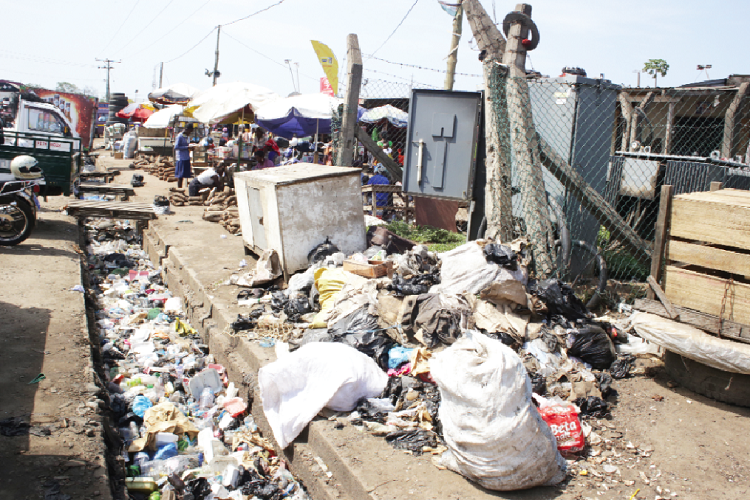Poor sanitation has long been a significant issue in Ghana, particularly in its largest cities. The situation has reached a critical point, causing fear and anxiety among residents. The root causes of this problem include high levels of illiteracy and ignorance, leading many to dispose of waste indiscriminately. This behaviour results in numerous health challenges.
Sanitation is a pressing social issue in Ghana that has garnered significant attention from the government, officials, and stakeholders. There is a concerted effort to address this problem and transform Accra, the capital city, into the cleanest city in the country. However, the current state of the city is concerning, with poorly arranged structures, particularly in slum areas, and many residents living in dilapidated conditions. These areas are often surrounded by clogged gutters and overgrown lands, which become breeding grounds for mosquitoes and hiding places for reptiles.
The primary cause of these sanitation problems is the lack of proper education on personal and public hygiene among some residents of Accra and its surroundings. This group, constituting about 80% of the affected population, is not adequately informed about the importance of good hygiene practices.
During the rainy season, the situation worsens as overflowing gutters become dumping grounds for rubbish and human excreta. Residents hope that the running water will wash away the waste, but the reality is far from it. The gutters become clogged with debris, creating severe health risks for those living nearby. This environment fosters the outbreak of diseases such as malaria, typhoid fever, and diarrhoea.
In response to this crisis, the Greater Accra Regional Minister, Hon. Henry Quartey, launched the “Operation Clean Your Frontage” sanitation policy on February 1, 2022. During a meeting with security and national service personnel, he emphasized the continuity of this initiative, expressing hope that future regional ministers will sustain the effort. “This is not a nine-day wonder; we will continue with this exercise, and we want this exercise to stay with us so that one day when there is no Henry Quartey, another Greater Regional Minister will continue from there,” he stated.
The proverb “cleanliness is next to godliness” underscores the importance of a collaborative effort in maintaining clean surroundings. A clean environment fosters a healthy mind, and a healthy mind contributes to a healthy nation. Thus, it is crucial for everyone to work together to improve sanitation and public health in Ghana.
















